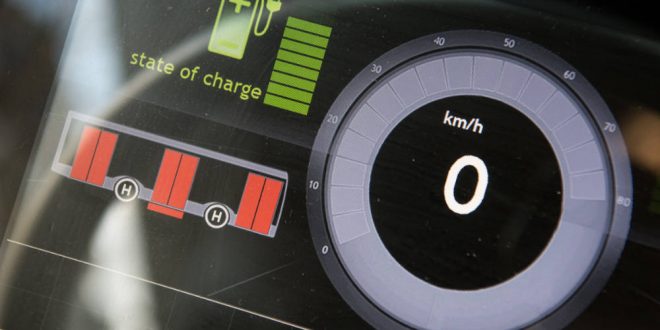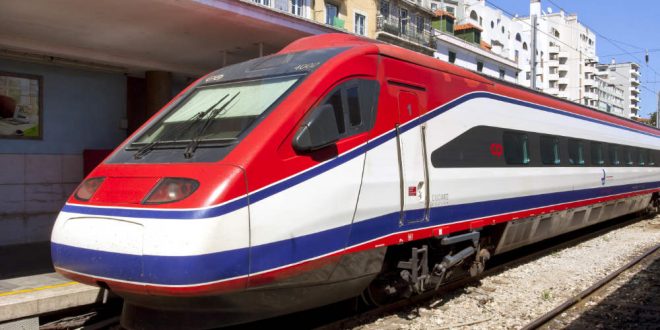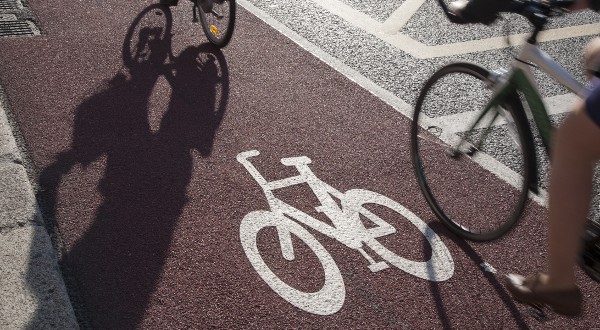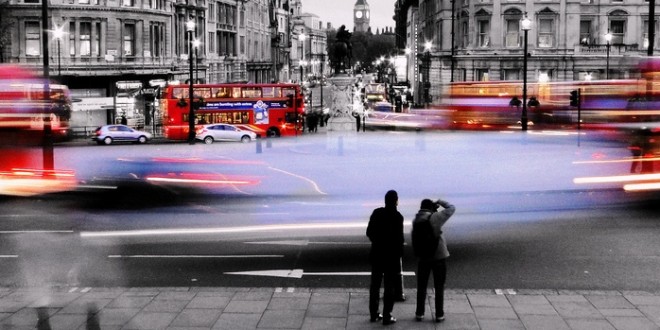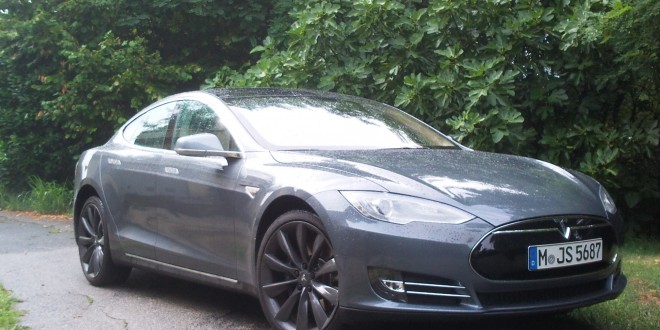Saturday, 23rd December 2023. Many of us view driving – so comfortable, isn’t it? – as a liberation from arduous walking. As for me, I’ve been fighting for years against the noise levels of the Algarve Autodrome, where at this time of day test drives are once more taking place in preparation of some car race or other. It’s the combustion engine that transforms petrol into smelly exhaust fumes, deafening to boot when the southwesterly blows from the Atlantic, bringing with it the never-ending noise. These days, quiet, clean and environmentally-friendly alternatives are available in motoring. There just needs to …
Read More »
 Eco123 Revista da Economia e Ecologia
Eco123 Revista da Economia e Ecologia

